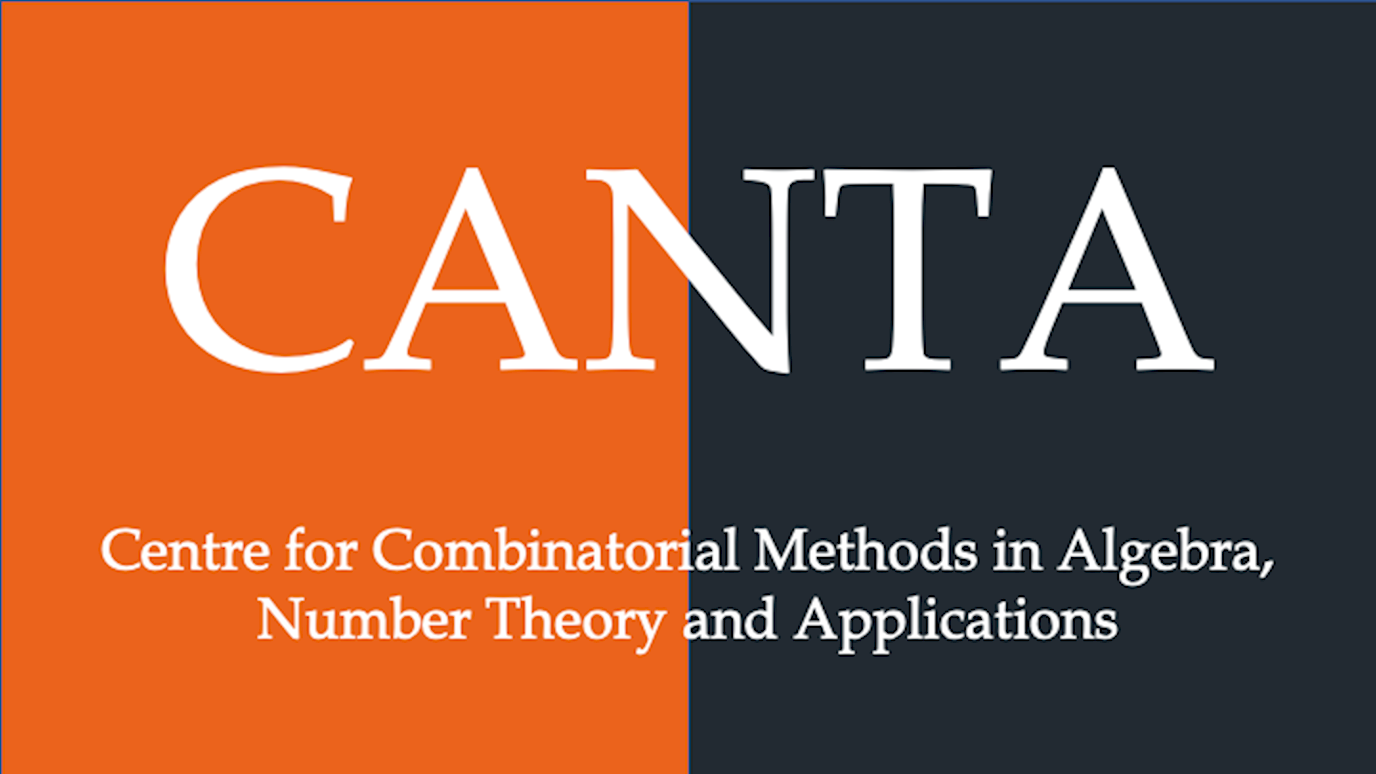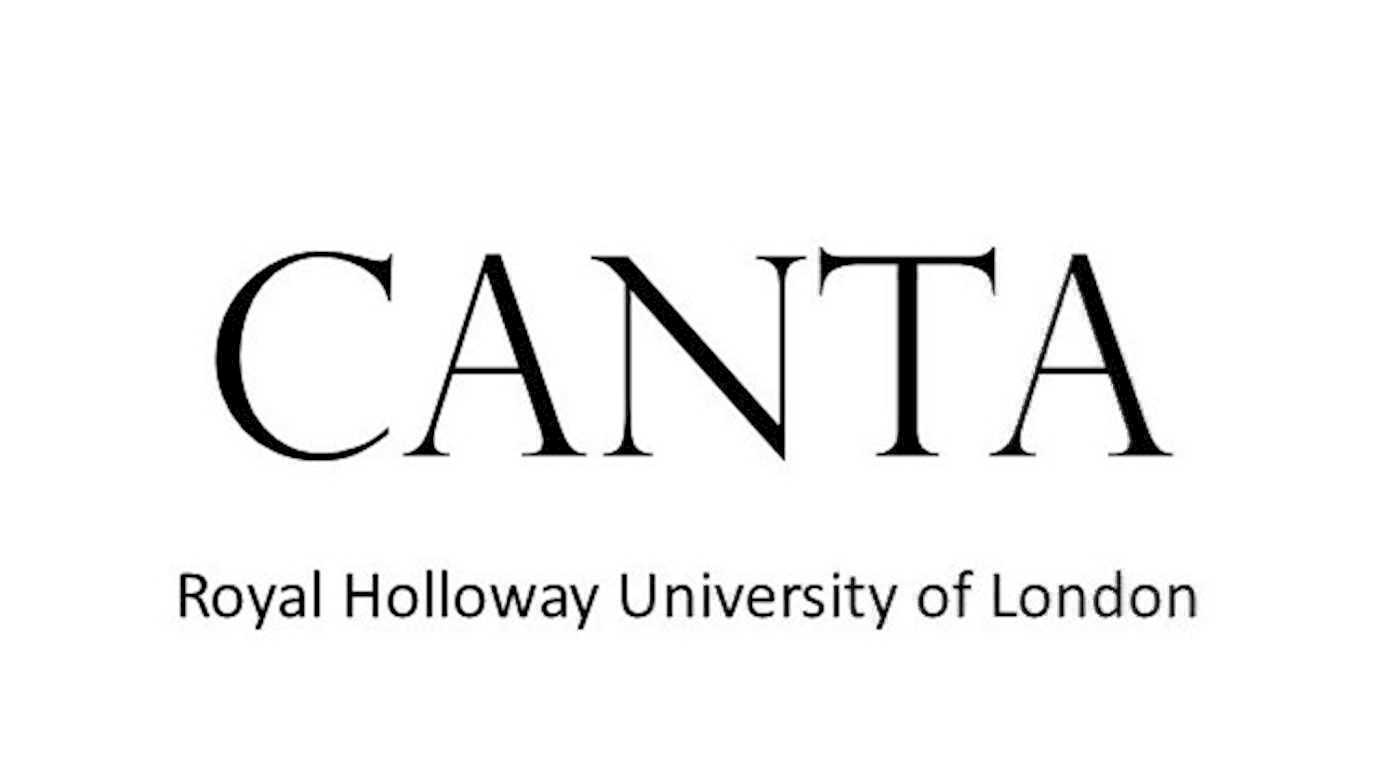The Mathematics Virtual Seminar meets every Wednesday at 2pm. The talk is followed by virtual tea and conversation.
To join, please email Prof Mark Wildon or Prof Brita Nucinkis.
Each talk is aimed at a broad audience of mathematicians, mathematical cryptographers, and theoretical computer scientists.
SCHEDULE FOR SPRING 2021
20th January 2021: Matteo Vannacci (Bilbao)
Title: Probabilistic finiteness properties of profinite groups and zeta functions of representations
A profinite group G s said to be positively finitely generated (PFG) if there is a k such that the probability that k random elements generate G is positive. This is a "robust" version of finite generation. Also note that positive generation can be thought as the homological finiteness property FP1. In this talk, after a brief introduction to profinite groups and PFG, I will introduce some generalisations of PFG to higher probabilistic homological finiteness properties PFPn. It turns out that having property PFPn is related to growth conditions on sequences of group statistics (e.g. PFP1 is related to the growth of the number of representations over a finite field) and one can define zeta functions associated to these sequences. This is work in progress with Ged Corob Cook and Steffen Kionke.
3rd February 2021: Rudradip Biswas (Manchester)
Title: Generation of derived and stable categories for groups in Kropholler's hierarchy
We will look at the generation of a range of derived categories of modules over groups in Peter Kropholler's hierarchy. For this, we will be mostly using the language of generation in triangulated categories with localizing and colocalizing subcategories. We'll then look at a range of interesting applications and questions related to these results. And finally, we will prove a couple of generation properties of the stable module category of groups in these hierarchies that admit complete resolutions. Such stable module categories (note that the groups here need not be finite) have only recently been defined and studied by Mazza and Symonds.
17th February 2021: Gabriel Dill (Oxford)
Title: On the frequency of height values
To an algebraic number - i.e. a complex number satisfying a non-trivial polynomial equation with rational coefficients - we can associate its height, which measures the complexity of the number. In the first part of this talk, I will define the height, motivate the definition, and explain some of the properties that make the height a useful tool. In particular, there are at most finitely many algebraic numbers of bounded height and bounded degree. I will then speak about some results on counting algebraic numbers of bounded height. At the end, I will present some results of my own on counting algebraic numbers whose height is not only bounded, but fixed. In other words, I try to answer the question: How often does the height assume a given value?
3rd March 2021: Natàlia Castellana (UA Barcelona)
Title: Local Gorenstein duality
There are several equivalent characterizations of local commutative Gorenstein rings which, in stable homotopy theory, have inspired the notions of Gorenstein ring spectrum (Dwyer-Greenlees-Iyengar) and Gorenstein duality. We investigate when a commutative ring spectrum R satisfies a homotopical version of local Gorenstein duality introduced by Barthel-Heard-Valenzuela, extending the notion previously studied by Greenlees, and which has structural implications on the homotopy groups of the ring spectrum. This is joint work with T. Barthel, D. Heard, and G. Valenzuela.
17th March 2021: Uri Bader (Weizmann Institute)
Title: Totally geodesic submanifolds of hyperbolic manifolds and arithmeticity.
Compact hyperbolic manifolds are very interesting geometric objects. Maybe surprisingly, they are also interesting from an algebraic point of view: They are completely determined by their fundamental groups (this is Mostow's Theorem), which is naturally a subgroup of the integer valued invertible matrices in some dimension, GLn(Z). When the fundamental group is by itself the Z-points of some algebraic subgroup of GLn we say that the manifold is arithmetic.
This is the case in many interesting examples, but not in all (as manifested by a construction of Gromov and Piatetski-Shapiro). A question arises: is there a simple geometric criterion for arithmeticity of hyperbolic manifolds? Such a criterion, relating arithmeticity to the existence of totally geodesic submanifolds, was conjectured by Reid and by McMullen.
In a recent work with Fisher, Miller and Stover we proved this conjecture. Our proof is based on the theory of AREA, namely Algebraic Representation of Ergodic Actions, which I have developed with Alex Furman in recent years. In this talk will I try to survey the subject in a colloquial manner.
A list of previous seminars can be found here.

CANTA Logo





















